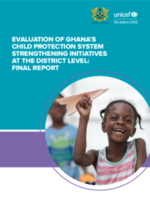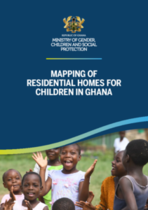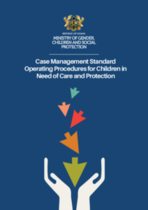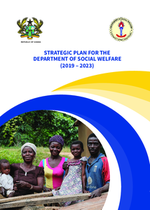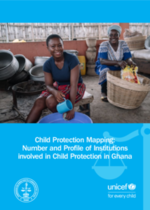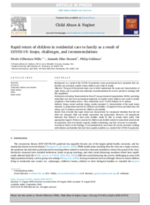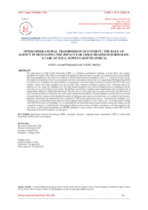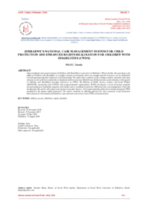UNICEF 2017 Report on Communication for Development (C4D): Global Progress and Country Level Highlights Across Programme Areas
The following report summarizes how UNICEF and its partners have utilized Communication for Development strategies in their work during the period of UNICEF’s Strategic Plan 2014-2017, with an emphasis on 2017.


